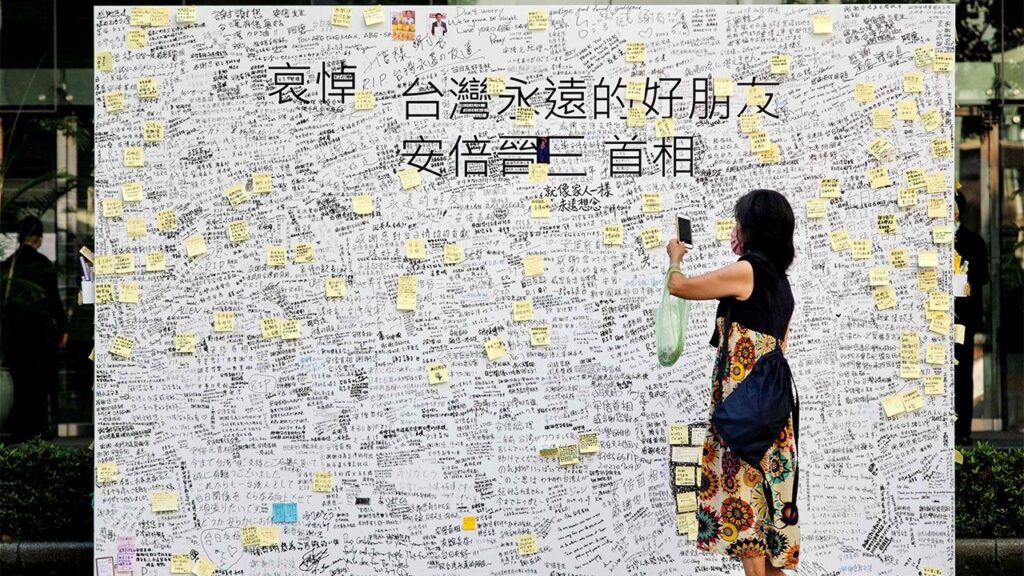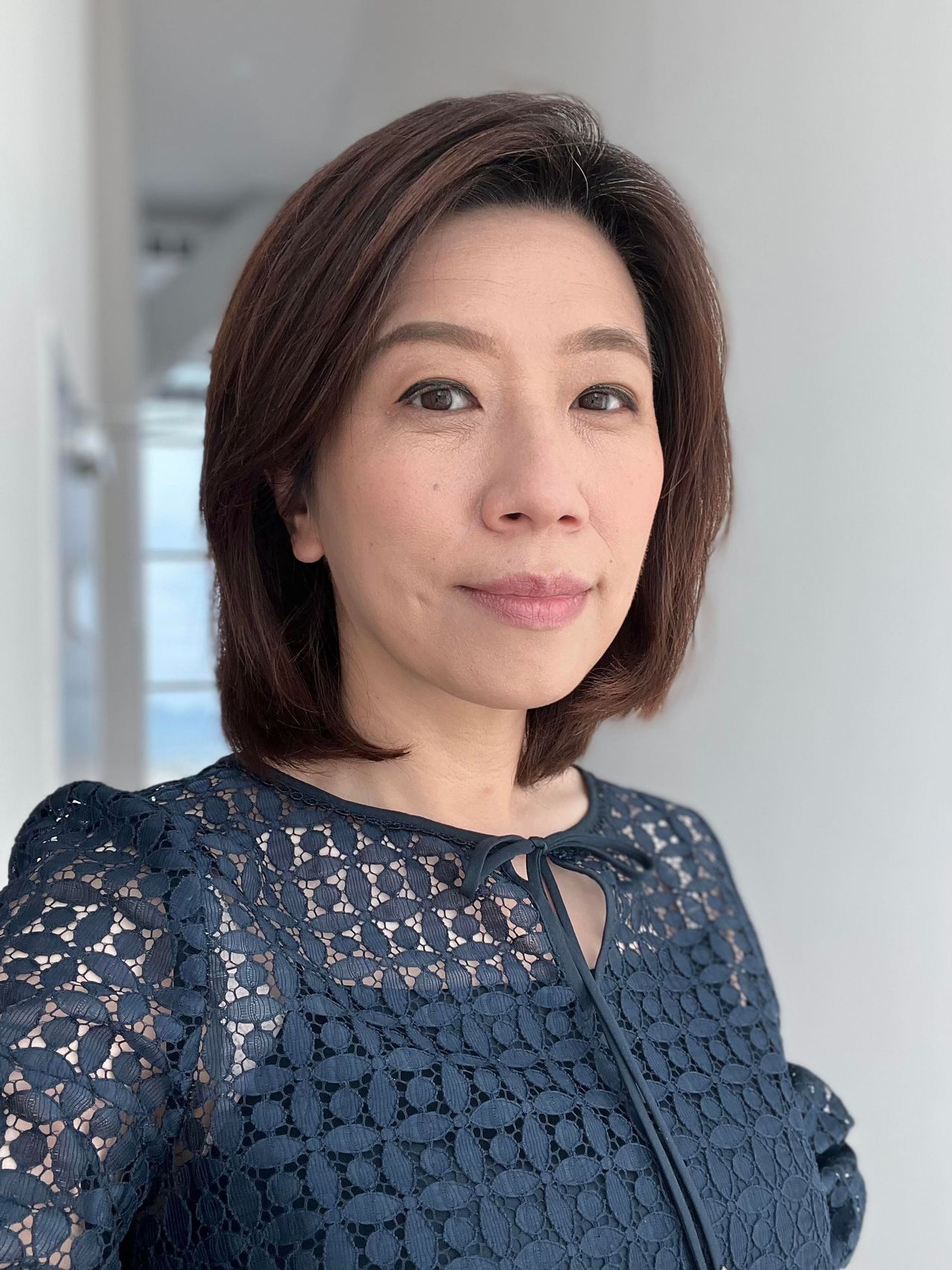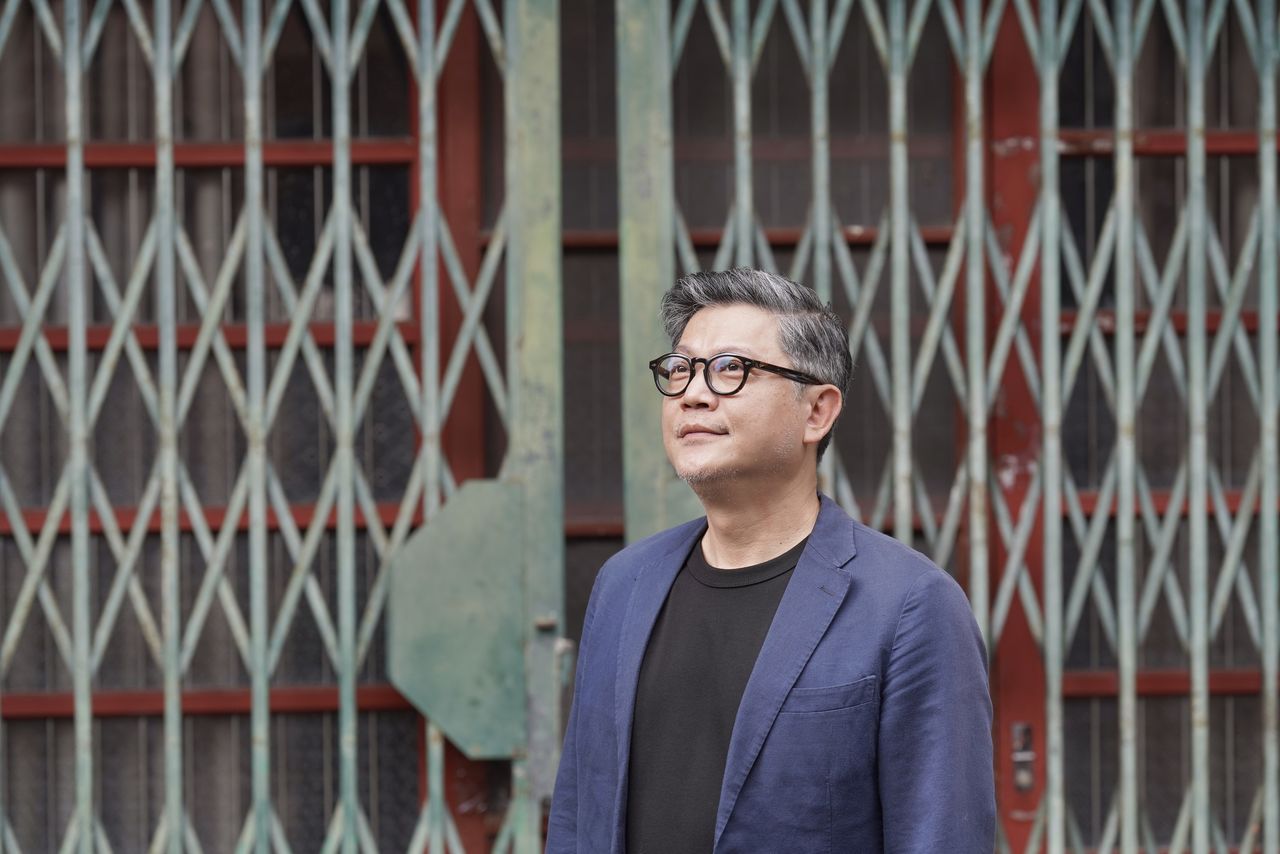Why Taiwanese Appreciate the Late Shinzo Abe | Nippon.com

The news of the death of former Prime Minister Shinzo Abe shocked not only Japanese society. In Taiwan, many people were seen offering flowers to express their condolences. In this article, I would like to report on the state of Taiwanese society that I have seen, and introduce interviews with members of the ruling party and prominent bloggers. What impact will the incident have on Taiwanese society and themselves, and where will Japan-Taiwan relations head in the future?
When the news broke that former Prime Minister Shinzo Abe was shot in Nara City, even Taiwanese people were flooded with comments on the internet. For many Taiwanese, Abe is more than just the former prime minister of Japan. Many people were saddened by the news of his death. Japanese people living in Taiwan have said that the reaction of Taiwanese society to the incident was “more than I had imagined.”
There are various opinions in Taiwan regarding Mr. Abe’s evaluation. For example, the opposition Kuomintang party chairman and spokesman were divided over whether flags should be flown at half-staff to show condolences.
“Don’t let Taiwan feel lonely”
A message board set up by the Japan-Taiwan Exchange Association, which is equivalent to the embassy, was filled with condolences in no time. Some people ran out of space and wrote messages on yellow sticky notes and pasted them. The Exchange Association immediately prepared a second board. When some people wrote words that were far from condolences, someone who came later would fill them in in the shape of a heart from above with a black felt-tip pen. It is said that nearly 15,000 people visited the exchange association’s Taipei and Kaohsiung offices to register and lay flowers.
Hiroyasu Izumi, the representative of the association’s Taipei office (equivalent to ambassador), said to Abe before he assumed office, “Please pay attention to the feelings of the citizens and not make Taiwan feel lonely.”
For four days, Taipei’s landmark Taipei 101 has been lit up in memory of “eternal friend” Abe. The Love River flowing through Kaohsiung City and the Kaohsiung Popular Music Center are also lit up in white to express their condolences. In addition, the Hongmo Harbor Security Hall, the only mausoleum in Taiwan that enshrines former Japanese warships, has set up a special memorial hall.
When the private-sector exchange group “Shinzo Abe’s Friends” solicited donations to run a full-page memorial ad in the Sankei Shimbun, the target amount was easily cleared in one day. The group plans to use the surplus money for memorial concerts and scholarships for Japanese students to study in Taiwan. In addition, Kengo Kobayashi, a photographer who used to work in Taiwan, purchased 100 copies of the newspaper with the memorial advertisement at his own expense and sent them to Taiwan. When the newspaper was distributed at a Taipei Metro station, a long line appeared at the station, and the distribution was finished in no time.
In this way, Taiwan mourned the death of former Prime Minister Abe in various ways.
Exchange with Young Japanese Politicians Is Important
A member of the Democratic Party’s legislative committee (equivalent to a member of the Diet) and a doctor who actively engages in international issues, Dr. Seigi Hayashi is a member of the “Leading Women for the Ocean,” a marine environment conservation group led by female leaders, whose founding general meeting was held in Yokohama in 2019. It is said that he participated in the forum and met Mrs. Akie Abe. “I never met former Prime Minister Abe, but I think I heard about the death of an old acquaintance of hers,” Hayashi said.
Then he said:
“Originally, there was a plan for former Prime Minister Abe to come to Taiwan. And I’m so sorry that that opportunity was lost forever.”
Lin Jingyi, Legislative Commissioner
Hayashi said the party has long had friendly ties with many Japanese politicians, and that some within the party have ties not only to Mr Abe himself, but to his family as well. Speaking of exchanges between politicians, former President Lee Teng-hui has built a deep relationship with the Japanese political world in the past. Now that former President Lee Teng-hui has passed away and Mr. Abe has passed away, it is no wonder that some lament that Japan-Taiwan relations have changed.
Because Taiwan was a Japanese colony, older generations have a relatively special feeling toward Japan, but the next generation is different. “The Democratic Party needs to build a relationship with young Japanese politicians for the next generation, and apart from the case of former Prime Minister Abe, it is very important,” Hayashi said.
Mr. Hayashi revealed that he has been working on a project for a long time to promote Japan-Taiwan exchanges in the post-Abe era. In 2020, the British magazine The Economist was planning to hold an event on ocean issues with another female leader in Japan, but due to the corona crisis, it has been forced to postpone.
“Although Japan-Taiwan joint efforts on the security of Taiwan’s waters and marine resources have not progressed as expected over the past two years, we will continue to send young Taiwanese politicians to Japan for training at the National Graduate Institute for Policy Studies. Mr. Xie Zihan, a spokesperson for the Democratic Progressive Party, learned about regional revitalization in Japan.The Japan International Cooperation Agency (JICA)-equivalent to Taiwan’s “International Cooperation I want to work so that I can learn.”
Hayashi points out that Taiwanese people have very strong feelings for former Prime Minister Abe and the people of Japan. He says that sentiment will not simply disappear with Mr. Abe’s death.
“The Japanese said that Taiwan and Japan are like brothers, and that an emergency in Taiwan is an emergency in Japan. These words made a deep impression on Taiwan, which had been isolated from the international community for a long time. The relationship between Japan and Taiwan is more than diplomacy.
Video production in memory of former Prime Minister Abe
Ken Worker, a blogger who is a tour conductor and an avid Bakumatsu fan,A video introducing Mr. Abe’s hometown of Yamaguchi Prefecture (Choshu Domain)published.
Kudoken said that when he saw footage of Abe’s shooting, he felt it was a “historic” moment.
“For example, I have seen such scenes in documentaries and movies, such as the footage of the moment President Kennedy was assassinated in the United States. No. I was really sad when I learned about the incident… It seems that Mr. Abe’s close superior passed away without the public’s evaluation of Mr. Abe.
Mr. Ken Kudo learned about the history of the Choshu domain and is familiar with the relationship between former Prime Minister Abe’s family and the Choshu domain. He said that he had been thinking about making a history commentary video following the end of the Edo period, the Meiji era, and the Pacific War. After the death of former Prime Minister Abe, it can be said that the history of Yamaguchi Prefecture is told from the perspective of a history maniac like Mr. Ken Kudo, as a token of gratitude to Abe.
However, after the video was released, it is said that there was a comment written in simplified Chinese that said, “Although it was a regrettable incident, I cannot understand that you are remembering the prime minister who visited the shrine for the class-A war criminal who killed your ancestors.”
According to Mr. Kutoujian, Taiwanese people will be able to convey this video as a sign of gratitude to Mr. Abe. However, it seems that it is probably transmitted to China from a different perspective. “In the first place, there are many perspectives on historical perception, and the more you know, the more often it is difficult to fixate on a single perspective. He is a friend who supported the democratic camp that we want to protect.
Some of his friends said, “Is it okay to make a video like this?”
“Even in Japan, there are various opinions, and I don’t think that all Japanese accept Mr. Abe’s methods and achievements as a politician without hesitation. I wanted to express it, and it has nothing to do with opinions or positions within Japan.”
Kudo Ken said he hopes to visit Abe’s hometown of Nagato, Yamaguchi Prefecture, once the coronavirus epidemic is over. In the same way that I once traveled to the birthplace of Ryoma Sakamoto, the homes of Shinsaku Takasugi and Kogoro Katsura, and the places where they died, going to Nara, where the shooting occurred, is a tribute to former Prime Minister Abe. I guess it’s the method.
“What I can say with certainty is that I want to be in a society that has the same systems as the United States and Japan in terms of politics and life. I don’t know if there are other politicians in Japan who strongly want Taiwan to be in the same camp as I was.I was a little worried.However, after the incident, I heard from Japan, whether the government or the private sector. I think that the voice of the voice has drowned out my anxiety.I am not in despair.Taiwan and Japan are the same democratic nations, and the most important thing is the feelings of the people.I hope that the people of Japan and Taiwan will build friendship. I think that the politicians chosen in Japan will change depending on what they nurture and what kind of common understanding they share. There will definitely be a public backlash.If we can maintain this kind of system and lifestyle, there is no need to worry.”
Banner image: A message board set up at the Japan-Taiwan Exchange Association after the passing of former Prime Minister Shinzo Abe. Immediately after installation, it was filled with messages from mourners (AFP/Aflo)


